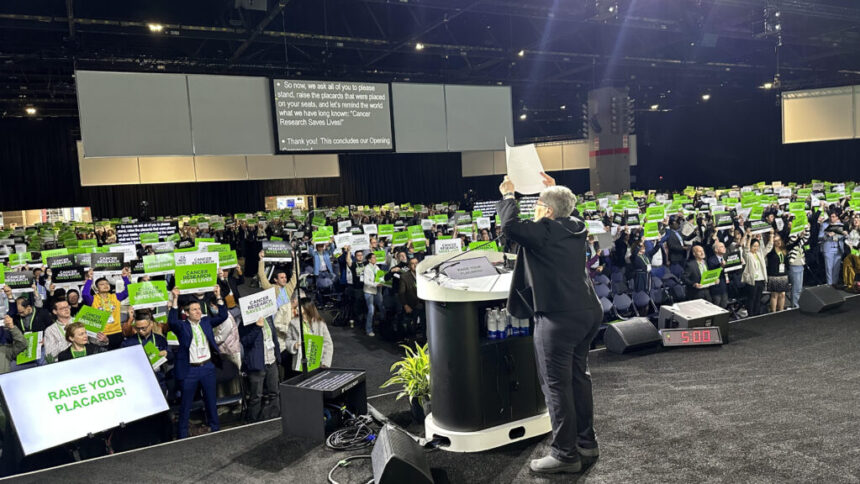In the wake of President Trump’s second term, the cancer research community has been reflecting on their communication efforts with the public. Experts in the field have acknowledged that perhaps they could have done a better job highlighting the significant advancements in cancer research that have contributed to a 34% reduction in the cancer mortality rate since 1991. The failure to effectively convey this progress may have played a role in the government’s decision to cut funding and activities for cancer research.
Robert Winn, the director of the VCU Massey Comprehensive Cancer Center, admitted that the focus on finding cures and advancing technology may have overshadowed the need to educate the public about the strides being made in cancer research. He emphasized the importance of dispelling the misconception that cancer is always a death sentence and acknowledged the collective responsibility to improve public awareness.
In response to these reflections, the cancer research community has taken steps to better communicate their progress. At the recent American Association for Cancer Research annual meeting, over 22,000 scientists, clinicians, and advocates gathered to discuss the latest developments in the field. In a departure from technical discussions, leaders urged attendees to advocate for their research by engaging in actions such as contacting representatives. Some speakers also criticized certain policies implemented by the Trump administration.
As the cancer research community continues to strive for progress, the importance of effective communication and advocacy has become increasingly clear. By sharing their achievements and engaging with the public and policymakers, researchers hope to secure the support and funding needed to further advance cancer research and improve patient outcomes.








